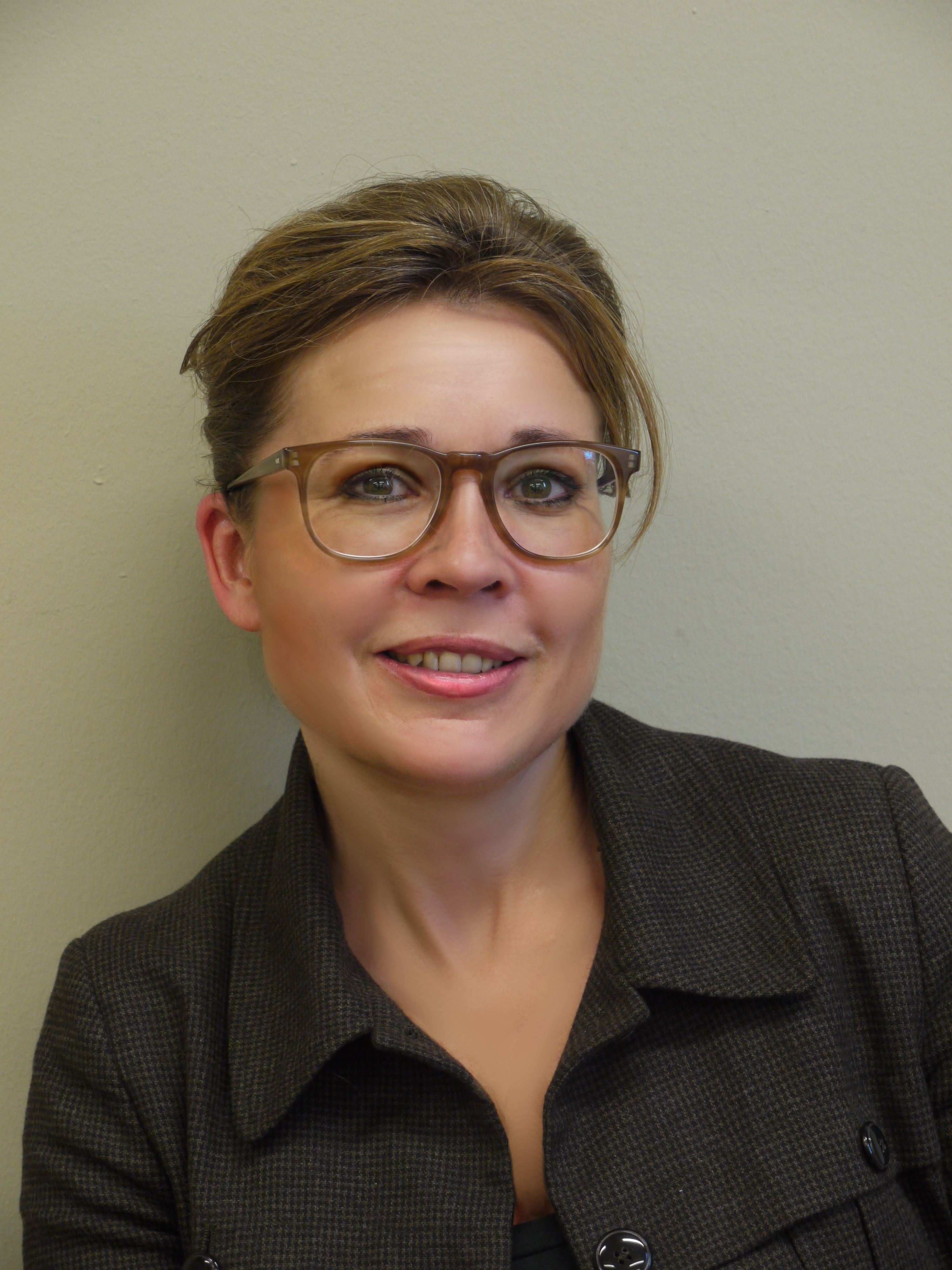In the last 25 years the concepts of intermediality and transmediality have demonstrated that arts and media do not operate separately from one another but stand (and have always stood) in a dynamic relation to one another. Inter- and transmediality have enabled new discussions about the complex processes of exchange, adaptation, transfer, and transformation and contributed to renewed conceptualizations of medial boundaries. Moreover, they have also had an impact on the field of narratology. “Transmedial narratology” has moved narratology to a postclassical state, and has effected the expansion to fields of interest that connect disciplines, arts, and media in both fictional and non-fictional genres and contexts. The digital era of convergence culture (Henry Jenkins) is in the process of transforming culture and society; in light of this development storytelling has gained a new significance, has taken on new functions, and has created new forms. Thus inter- and transmedial approaches have become essential to understanding newly emerging possibilities of expression such as social and mobile media, as well as interconnected topics ranging from the distinctions between the public and the private, questions of social responsibility in the digital environment, the engineering of “the self” as well as the blurring of boundaries between fact, fiction and fake. Concrete examples from a variety of medial contexts will allow participants to contemplate and critique different inter- and transmedial concepts. In applying them to the analysis of primary materials, we will discuss their heuristic potential as theories and methodologies. For this purpose adjacent concepts and approaches (e.g. remediation, transmedia storyworlds, and transmedia universes) will be addressed in order to gain a better understanding of narrative practices. The focus on narratological concerns will allow participants to examine the narrative potential of diverse media, to address the issue of medium specificity, and to investigate current debates on the affordances of inter- and/or transmedial research.
14.11.2018, 1 p.m. — 6 p.m.
Room 0043010006
PD Dr. Irina Rajewsky
Arbeitsschwerpunkte
- Narratologie (mit Schwerpunkt auf 'transgenerischer und transmedialer Narratologie')
- Medientheorie
- Transmedialitätsforschung / Medienkomparatistik
- Intermedialität in Theorie und kultureller Praxis
- Intertextualität
- Fiktionalitätstheorie
- Schwellen- und Metaphänomene in Literatur und anderen Künsten/Medien
- Konzepte von Autor und Erzähler
- Kulturen und Theorien des Performativen
- Italienische und französische Erzählliteratur des 19., 20. und 21. Jahrhunderts sowie allgemein künstlerische/kulturelle Praktiken der Moderne, Postmoderne und der jüngsten Gegenwart (insb. Literatur, Theater, Film und TV)
- Realismuskonzepte (Italien/Frankreich)
- Italienisches Theater des 18. Jahrhunderts (Goldoni, Gozzi)
- Theater der französischen Klassik
- Dialog und Dialogtheorie der italienischen Frühen Neuzeit
Forschungsprojekte
- DFG-gefördertes, disziplinenübergreifendes Forschungsprojekt im Bereich der 'trangenerischen und transmedialen Narratologie', unter besonderer Berücksichtigung filmischen Erzählens: "Medialität - Transmedialität - Narration: Perspektiven einer transgenerischen und transmedialen Narratologie (Film, Theater, Literatur)"
- "Fiktion im Vergleich der Künste und Medien / Fictionality Across the Arts and Media"
